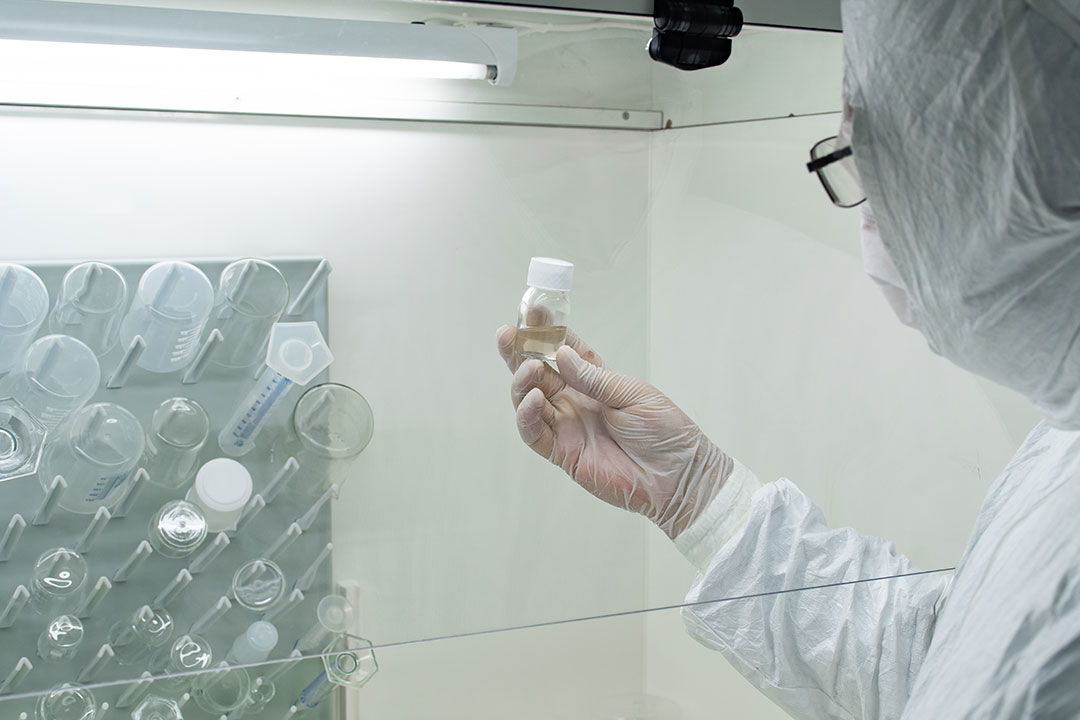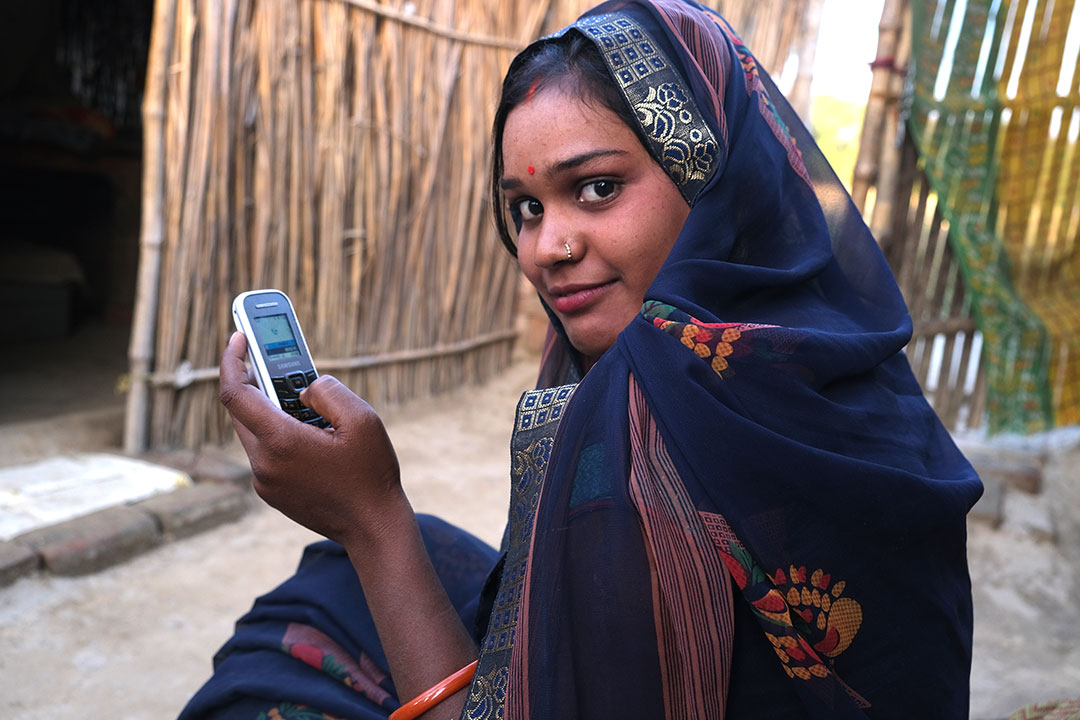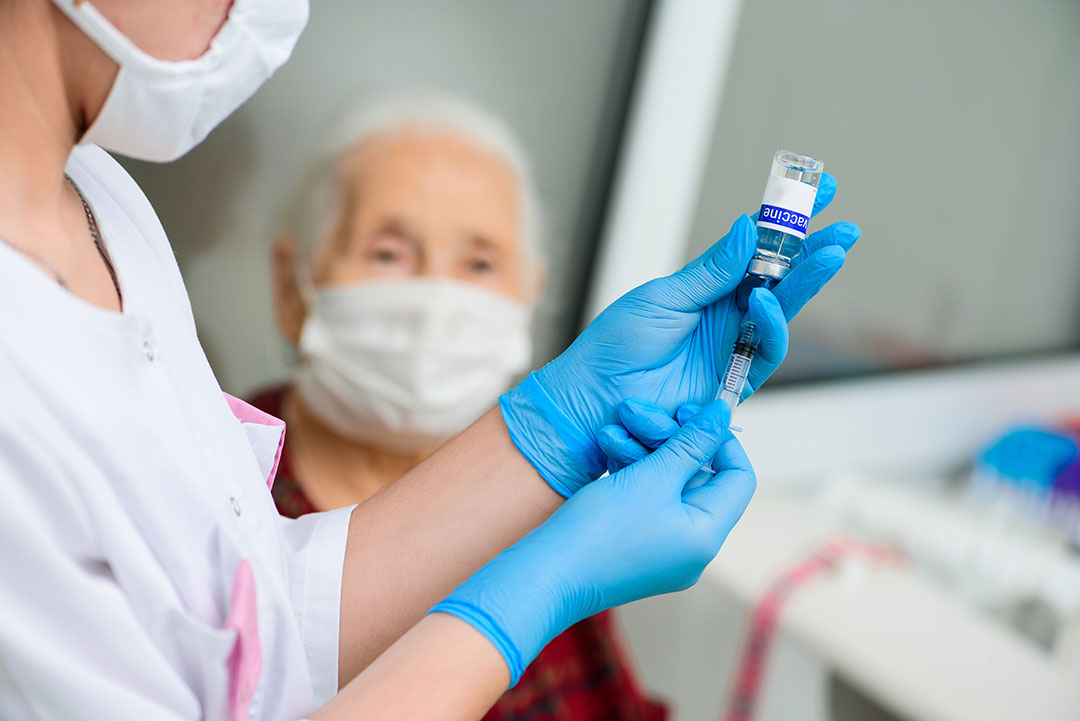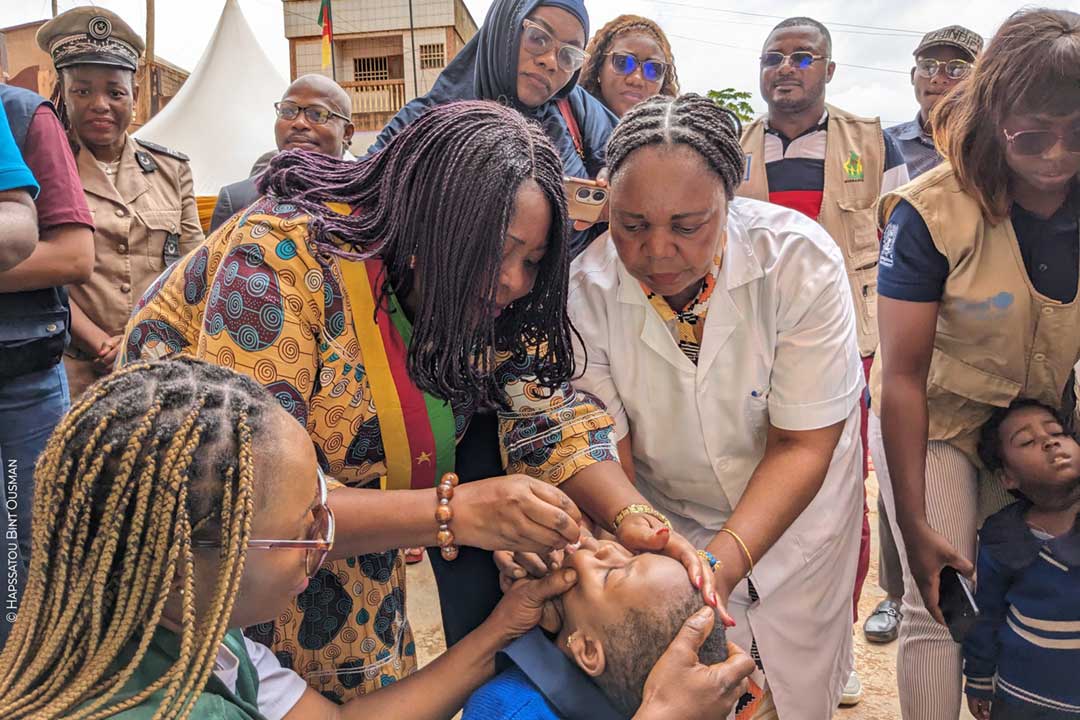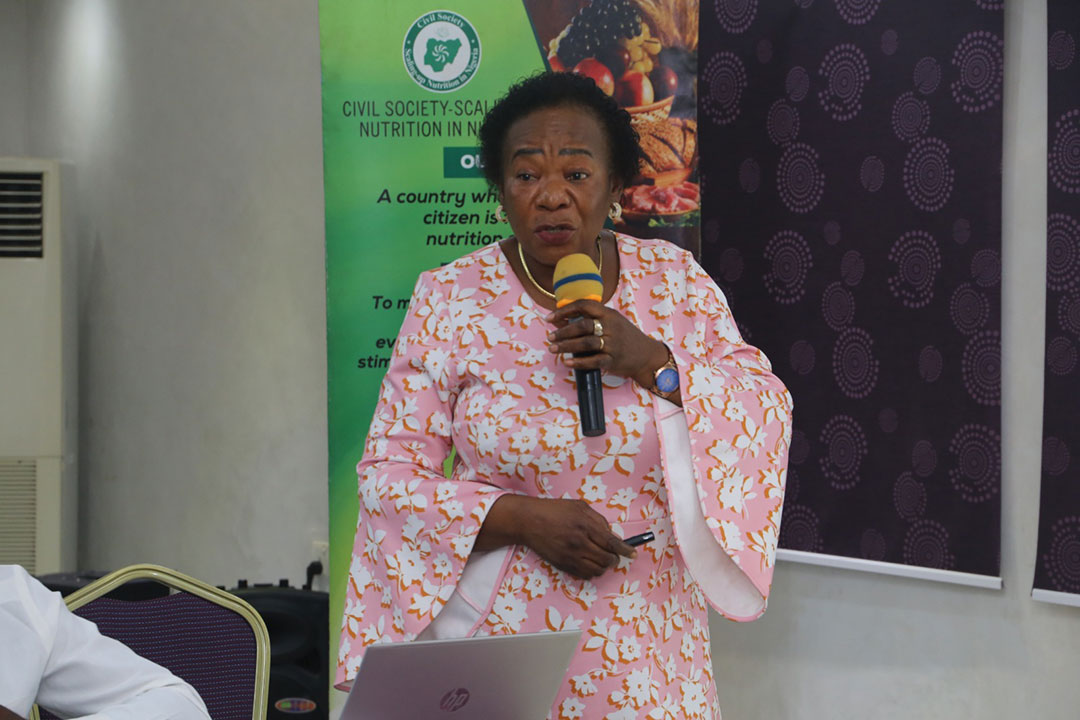Journalists fighting the pandemic: Cameroon's COVID-19 unsung heroes
The media men and women in the country are doing their all to reverse this phenomenon.
- 29 November 2021
- 4 min read
- by Nalova Akua

When the first case of COVID-19 infection was reported in Cameroon in March 2020, few media outlets could imagine how involved the industry was going to be in the fight against the pandemic.
The country launched its COVID-19 national vaccination campaign on 12 April 2021. Media houses needed to step up their game.
“Our ultimate goal is to see to it that the percentage of people who are yet to take informed decisions on the vaccine drops to zero so that, at the end of the day, we will have a COVID-19-free Cameroon.”
“We had more time allocated for the broadcast of COVID-19 related programmes and spots either produced by the station or organisations,” says journalist Fongoh Primus Ayeh, Chef of Programmes for Rainbow Radio, a community radio based in Mbengwi, north west Cameroon.
“At first, the public appreciated the move, but later got fed up because it became monotonous,” he adds.
Seven months after the national vaccination campaign was launched, just 3% of the target population has received at least one dose of vaccine, with 1.2% fully vaccinated.
In this situation, local communication by the media has been crucial in reaching Cameroonians in specific catchment areas with accurate information. This to build a climate of trust in a country where vaccine hesitancy is endemic.
“The Cameroonian media has done quite a whole lot to counter vaccine hesitancy as well as conspiracy theories around COVID-19 vaccines,” says Rosaline Akah Obah, National Coordinator, Cameroon Community Media Network.
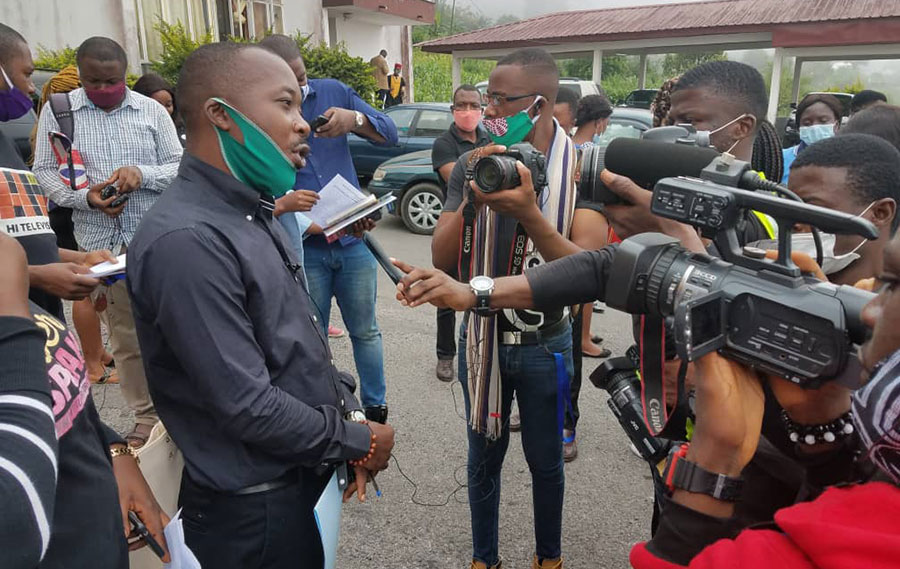
Credit: Rosaline Akah Obah
“Immediately after the first case of COVID-19 was reported in Cameroon in 2020, we set out to work: producing COVID-19 programmes ranging from spots, radio dramas, public service announcements and news articles tailored towards sensitisation around the COVID-19 pandemic. We came up with panel discussions and call-testing programmes with experts blending their voices with the common man in the community,” she says.
Have you read?
Supported by such bodies as UNESCO and International Media Support, Obah reveals that they are “currently working in all ten regions of Cameroon to come up with content productions, both online and offline.
“From February 2020 till now, we have produced close to 2,000 productions in various local language. We also decided to leave our studios to go into the field to talk to the population to get their concerns. We trained journalists on how to report on the COVID-19 pandemic and related issues like the vaccine. We organised focused group discussions with community members, and leaders in the health sector to mutualise our efforts to fight this pandemic. We have also involved civil society organisations in the network who have been in the field with posters and flyers to see how they can sensitise the population.”
Many in Cameroon feel the role of the media as frontline actors in the fight against COVID-19 is underrated – if not neglected. Journalist Ayeh feels, for example, “Community radio stations should be prioritised in the sensitisation campaign.”
Obah agrees, “If people have been able to voluntarily go for their vaccines today; if people are taking up the preventive measures today, it’s because of the sensitisation that they get through the different programmes on our radio stations, TV channels, in newspapers and blogs. This is not recognised to a larger extent in our Cameroonian set-up.”
The head of the communication unit at the Expanded Programme on Immunisation in Cameroon, Yaouba Djaligue, says the structure is working to intensify its communication plan.
“We just had a national media briefing. We will also have another with local media at regional levels,” he says, adding that “Recently, the country’s radio stations saw their capacity strengthened in facilitating questions around vaccination against COVID-19. This enabled us to contract them to disseminate messages on vaccination.”
Cameroonian virologist and founding president of Fobang Institute for Innovations in Science and Technology, Wilfred Mbacham, insists the onus in the fight against COVID-19 is on the media.
“Scientists normally are not trained to be communicators. An intentional effort needs to be made (by the press) in how information that is very highly scientific can be shared with the public in a way that is easy to understand,” Mbacham says.
While acknowledging that limited access to information, the right data and, at times, difficulty in getting a health professional are hindrances to the Cameroonian media in the fight against COVID-19, Obah still believes her organisation “has done a lot to defeat disinformation.”
“Our ultimate goal is to see to it that the percentage of people who are yet to take informed decisions on the vaccine drops to zero so that, at the end of the day, we will have a COVID-19-free Cameroon.”
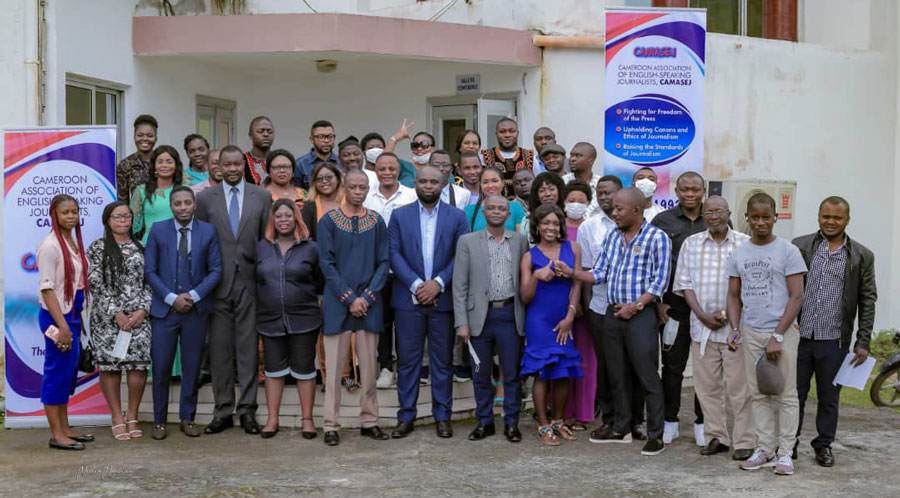
Follow Nalova Akua on Twitter: @AkuaNalova
More from Nalova Akua
Recommended for you
